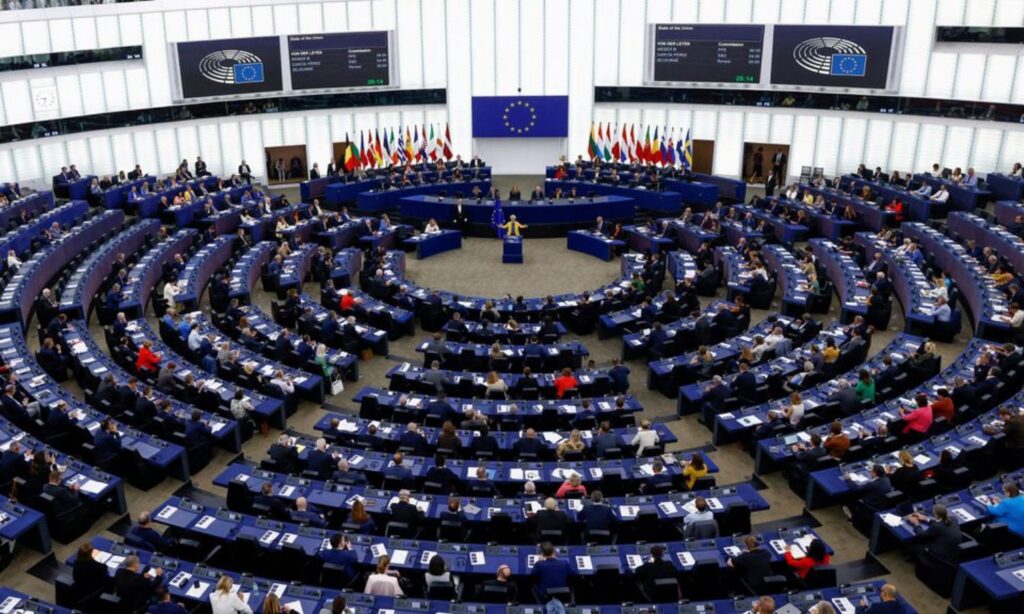During a meeting of EU foreign ministers, several European countries called for a re-evaluation of relations with Syria and communication with its regime.
The British newspaper Financial Times reported on Monday, July 22nd, that ahead of a meeting of EU foreign ministers to discuss the situation in the Middle East, eight capitals, including Rome and Vienna, called on the union to “review and evaluate” its approach towards Syria.
In a letter to the EU’s top diplomat, Josep Borrell, seen by the paper, the foreign ministers of Austria, Croatia, Cyprus, Czech Republic, Greece, Italy, Slovakia, and Slovenia wrote: “Our aim is a more active, results-oriented, and pragmatic policy in Syria, which would allow us to increase our political influence and the effectiveness of our humanitarian aid.”
The foreign ministers’ letter stated that since 2017, the stabilization of the conflict, the full-scale Russian invasion of Ukraine, and moves by Arab states to normalize relations with the regime have changed dynamics, as reported by Enab Baladi, translating from the Financial Times report.
Despite these “significant developments,” as they described, the ministers added that “EU policy towards Syria has not evolved, and as a result, the massive humanitarian effort does not translate into a similar political role.”
The ministers proposed the establishment of an EU envoy to Syria who could communicate not only with Syrian actors but also with other countries in the region, along with re-engaging with the Syrian regime’s ambassador to the EU in Brussels.
They also suggested discussing the impact of the EU sanctions regime imposed on the Syrian regime, considering that “over-compliance in the banking system” has had “unintended negative effects on the population.”
According to the British newspaper, any steps perceived as easing pressures on the Syrian regime are likely to be met with resistance from other capitals, given the widespread human rights abuses and war crimes the regime is accused of committing.
The EU maintains its stance of boycotting the Syrian regime due to the violations it committed during the crackdown on Syrian protests over the past 13 years of the Syrian revolution.
On May 28th, the EU extended its sanctions on the Syrian regime until June 2025.
According to a statement by the EU published on its official website, the European Council extended the restrictive measures imposed by the EU against the regime due to the serious deteriorating situation in Syria, as well as removing five deceased individuals and one other person from the list.
Since 2011, the EU has imposed sanctions on Syria, which initially targeted 291 individuals with asset freezes and travel bans, along with 70 entities whose financial assets were frozen, in response to the Syrian regime’s crackdown on the popular movement demanding political transition in Syria.











